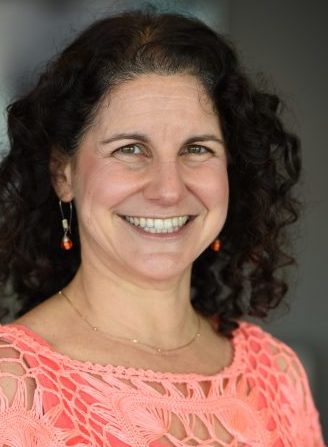Dr. Ariane Rung, associate professor of epidemiology at Louisiana State University Health Sciences Center-New Orleans, School of Public Health, is the lead author of an article published online ahead of print in Social Science and Medicine. The article, “Untangling the disaster-depression knot: The role of social ties after Deepwater Horizon”, discusses whether social capital and social support mediate the effects of exposure to the Deepwater Horizon oil spill on depression among women.
Data for the analysis come from the first wave of data collection for the Women and Their Children’s Health Study, a longitudinal study of the health effects of women exposed to the oil spill in southern Louisiana, USA. Women were interviewed about their exposure to the oil spill, depression symptoms, structural social capital (neighborhood organization participation), cognitive social capital (sense of community and informal social control), and social support. Structural equation models indicated that structural social capital was associated with increased levels of cognitive social capital, which were associated with higher levels of social support, which in turn were associated with lower levels of depression. Physical exposure to the oil spill was associated with greater economic exposure, which in turn was associated with higher levels of depression. When all variables were taken into account, economic exposure was no longer associated with depression, and social support and cognitive social capital mediated the effect of economic exposure on depression, explaining 67% of the effect. Findings support an extension of the deterioration model of social support to include the additional coping resource of social capital. Social capital and social support were found to be beneficial for depression post-oil spill; however, they were themselves negatively impacted by the oil spill, explaining the overall negative effect of the oil spill on depression. A better understanding of the pathways between the social context and depression could lead to interventions for improved mental health in the aftermath of a disaster.
Co-authors of the study include Drs. Symielle Gaston, Edward Trapido, Edward Peters and William Robinson.
To read more about the study go to: http://www.sciencedirect.com/science/article/pii/S0277953617300485

